Context
Legionella bacteria are the causal agents of the Legionnaire’s disease, a severe form of pneumonia. Legionella is present worldwide in natural freshwater environments and human warm water systems. The bacterium was also isolated in soils, potting soils and composts. Legionella multiplication in amoebae was demonstrated using co-cultural methods.
The aim of this study was to investigate on the simultaneous presence of amoebae and Legionella in the compost piles and in the bioaerosols developed from pile fermentation. Bioaerosols were collected by a Coriolis®µ air sampler. Seven green waste collection centers (composting facilities, or long term storing and short term storing centers) were sampled. [1]
Materials
- Coriolis®µ, sterile cones
- Liquid of sampling: PAGE saline
Protocol
- Coriolis® µ: 250 L/min, 4 min. sampling (1m3)
- Culture analysis:
– The protozoa were cultured on non-nutritive agar plates covered with E.coli as a food source.
– Legionella spp. were cultivated on GVPC agar plates and by co-culture with axenic Acanthamoaba polyphaga for two weeks. [1]
Results
The aerosols of six centers were positive for Legionella spp. after co-culture and two aerosols were positive for amoebae. Amoebae and Legionella spp. were isolated from composts of six and four centers, respectively. L.pneumophila and L.bozemanii were found in composts and detected in bioaerosols hovering over the same compost heaps. [1]
This study showed that viable amoebae and Legionella are both present in composts and bioaerosols.
Composting facilities are possible reservoirs for Legionella and amoebae. Amoebae and pathogenic Legionella were cultivated from bioaerosols and could be dispersed from composting facilities transported by wind. Composting and gardening could be considered risk activities. [1]



